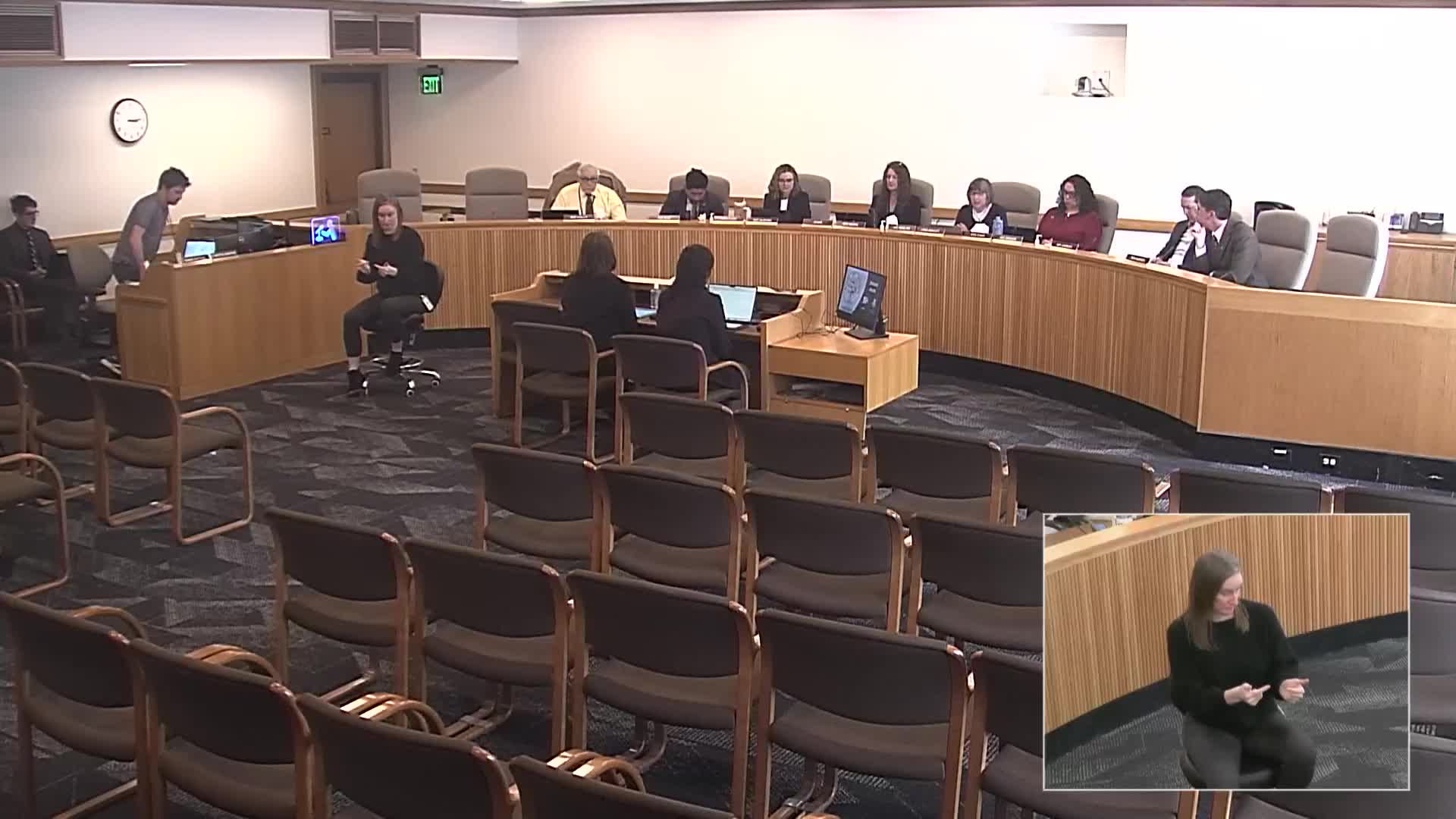Bill would allow parents to use phone or online meetings for abbreviated‑day reviews
Get AI-powered insights, summaries, and transcripts
Subscribe
Summary
Senate Bill 742 would allow parents or foster parents to consent to and attend periodic abbreviated‑school‑day review meetings online or by phone, and permit remote meetings during public health emergencies; a former foster youth testified against broader remote use.
The House Committee on Education held a public hearing April 21 on Senate Bill 742, a measure that would clarify that parents and foster parents may consent to and attend abbreviated‑school‑day review meetings online or by telephone, and would allow remote meetings during public‑health emergencies.
A staff member summarized the bill to the committee, saying it “modifies statutory provisions, regulating abbreviated school days to allow parents or foster parents to consent [to] online or telephonic meetings and allows for online or telephonic meetings if public health emergencies prohibit in person meetings.” The staff summary also said the bill “declares an emergency and takes effect on passage.”
Sponsor State Sen. Sarah Gelserbleuen said the measure mostly clarifies existing practice and would make meetings “quick and easy.” She described the bill as resolving uncertainty about whether the law already permits remote participation and noted that meetings to check in on students on abbreviated days occur “at least once every 90 days.”
Cynthia Bronger Muñoz, representing the Oregon Education Association, told the committee the change would help schedule teams that support students and said remote participation can improve access: “Sometimes they feel more comfortable on something like Zoom. They have translation services there. They can if they're hard of hearing, they'll have subtitles.”
Ronnie Daniels, a former foster youth, testified in opposition to remote consent and raised security concerns about verifying who is on the other end of a remote call. “How do I know if it's possibly somebody that's not a consenting adult... it could be the cartel. It could be a child trafficker,” Daniels said. He urged the committee to keep meetings face‑to‑face when possible.
Committee members asked clarifying questions; the hearing closed with no committee vote recorded.
The bill is presented as a clarification intended to increase flexibility and access for families participating in abbreviated‑day review meetings, while allowing districts and families to continue in‑person meetings if preferred.
